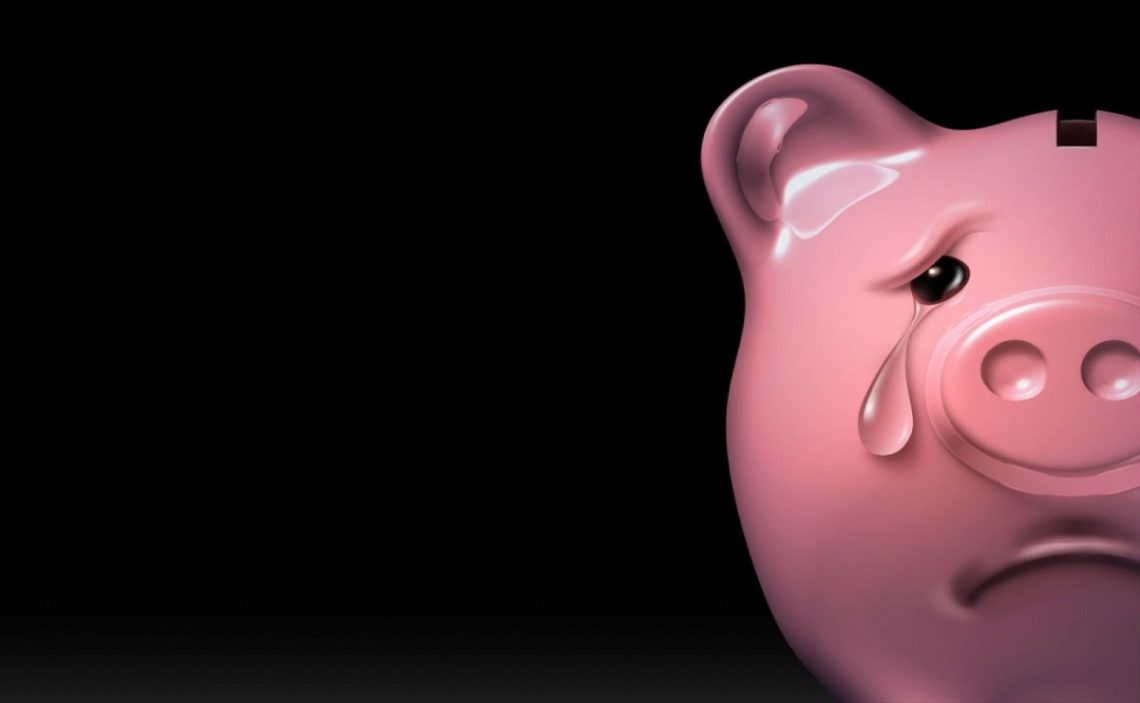Information about filing Chapter 7 or Chapter 13 bankruptcy will remain on your credit report for up to 10 years due to the severe damage to your credit score. Therefore, evaluating the consequences of such a decision is essential.
Although each type of bankruptcy has different ways of resolving and recovering the credit report, it is important to know all the opportunities to improve the score as quickly as possible.
How long does Chapter 7 Bankruptcy stay on your Credit Report?
When you opt for Chapter 7 for your bankruptcy, you should consider that the situation will remain on your credit report for ten years, although you can discharge some or all debts. If a debt is discharged before filing bankruptcy, it will be removed from the credit report seven years after the delinquency date.
If you did not report the debt before the bankruptcy filing, it will remain for seven years and be removed after the date you filed for bankruptcy.
Staying a Chapter 13 Bankruptcy on the credit report
By electing Chapter 13 bankruptcy, the status remains for seven years on the credit report. This option allows you to access a three-year repayment plan to bring some or all of your current debts. The difference with Chapter 7 bankruptcy is that you will not have as much time to discharge your debts.
Can I remove the bankruptcy from my credit report?
You can dispute information on your credit report. However, you will only be able to do so when there are errors or misrepresented information. However, this will not remove the bankruptcy from the report.
The only viable solution is to wait to remove the bankruptcy from the report; you will not have to do anything after that time because it will be removed automatically by the credit bureaus.
Starting to improve your credit after a bankruptcy
Having bankruptcy on your credit report is a tough blow to your credit report. But once you get over it and require a mortgage, online credit approval, or car financing, you can start improving your credit that way:
Make bill payments early
A customer’s payment history is one of the most important factors in determining a FICO score – it accounts for 35% of the score. You are making payments before the due date helps you increase your score.
Pay the debt in full
Any debt is the worst enemy of your credit score; filing for Chapter 13 bankruptcy is common to reorganize your debts. But you must pay off the debt; when you do, you will notice a significant improvement in your credit history.
The other 30% considered for the FICO score is the amount you owe on your debts. That’s why as you pay it off, you will begin to see the difference in your score.
Get into new financial habits
Bankruptcy is due to many reasons; however, a financial problem is almost always behind a default. You must acquire good financial habits to improve your economic life and recover your score.
When you use credit, do it only for purchases you can pay for in the established term. Using a monthly budget to plan your expenses and avoid mismatches is also an excellent idea.
The only way to recover from bankruptcy is to start organizing your finances better and leave behind the harmful habits that led you to this financial situation.


